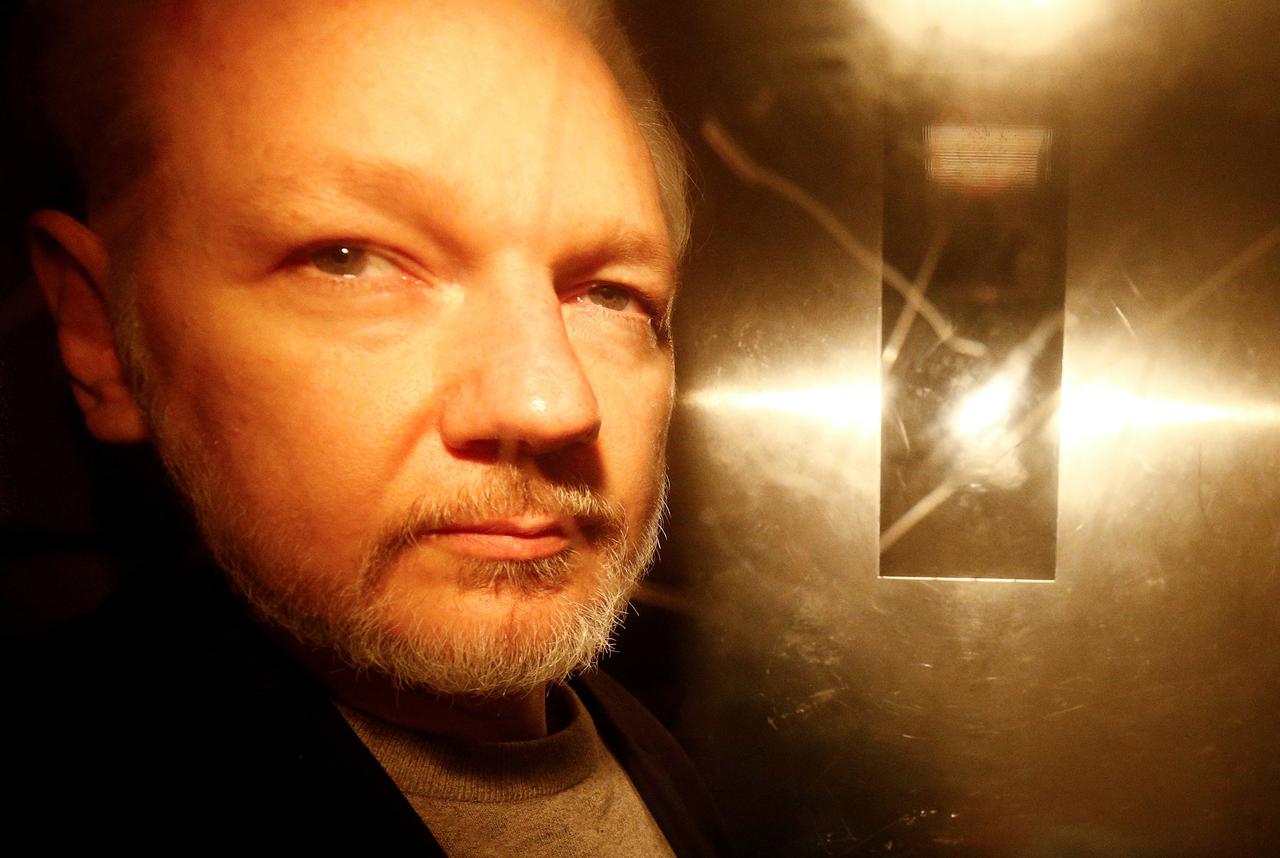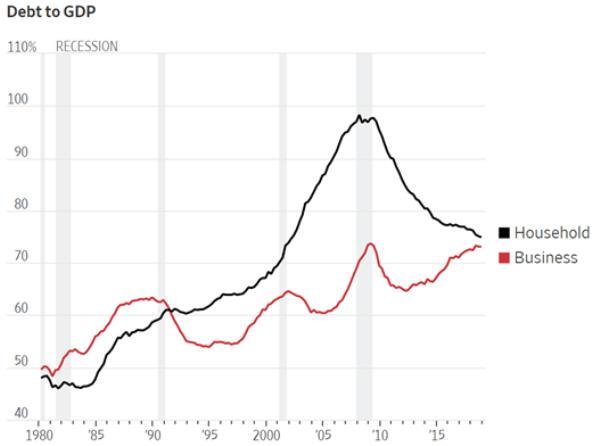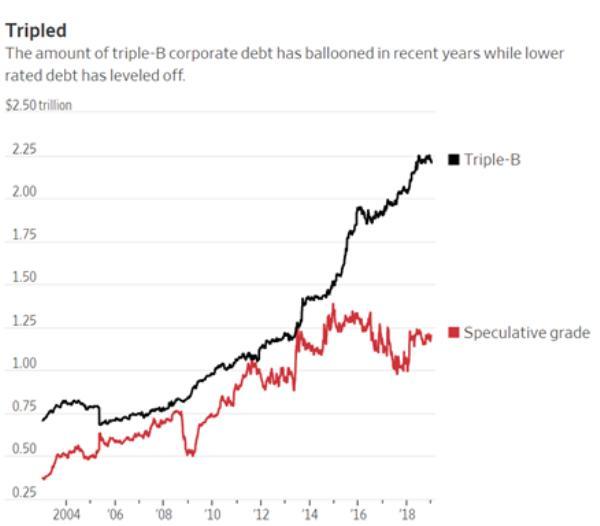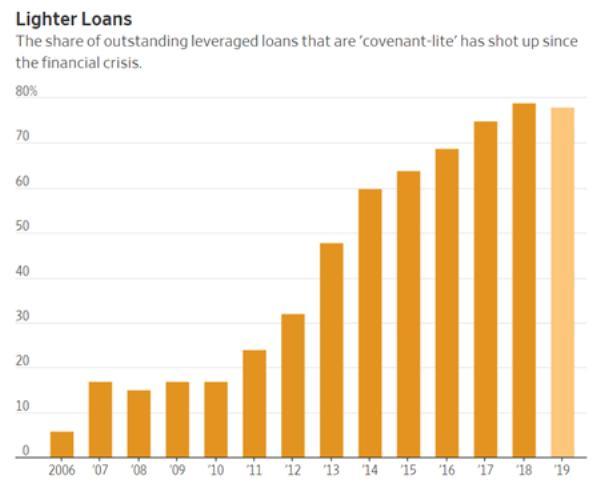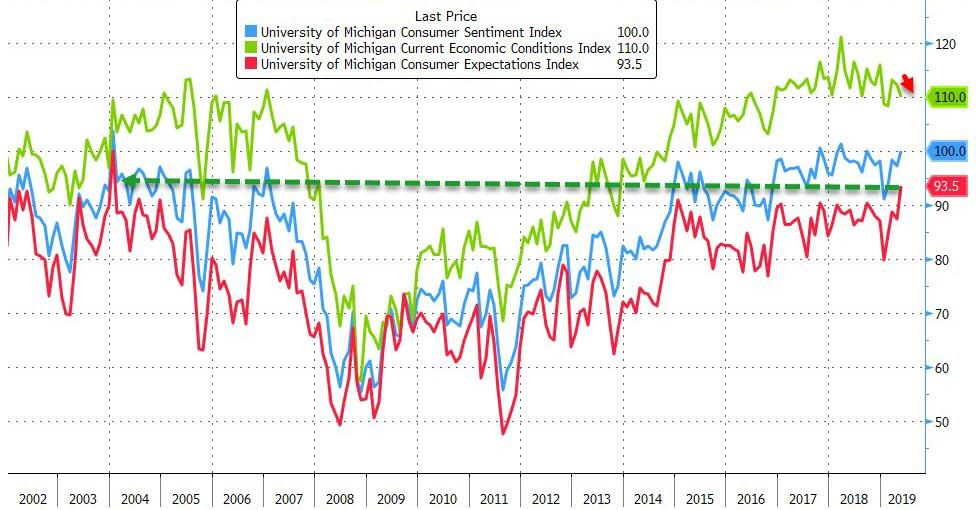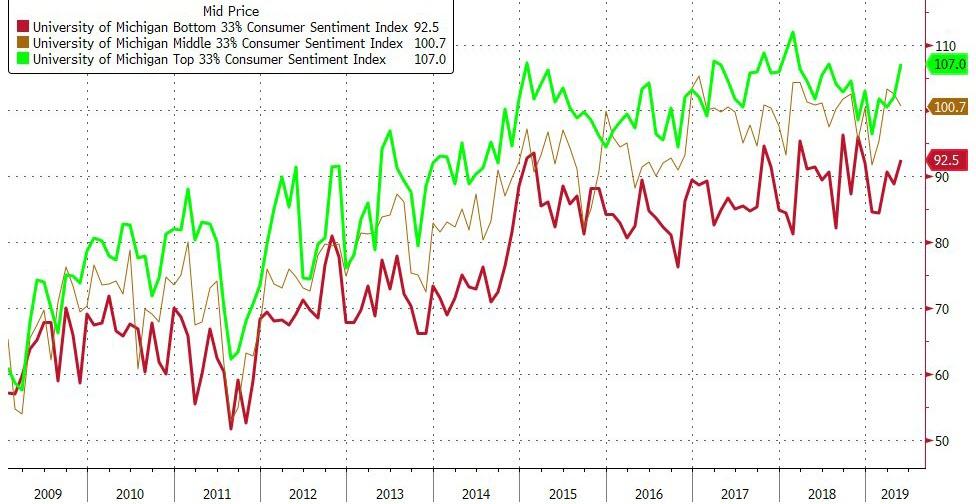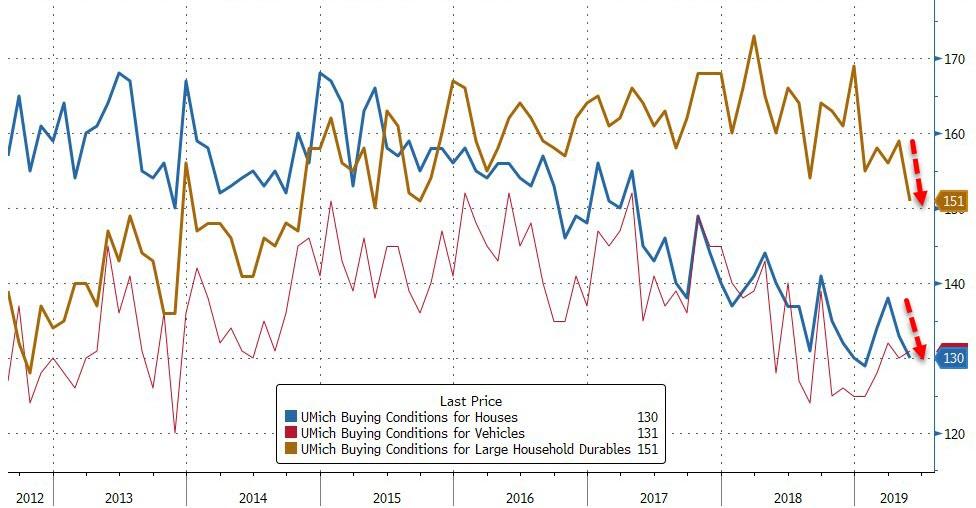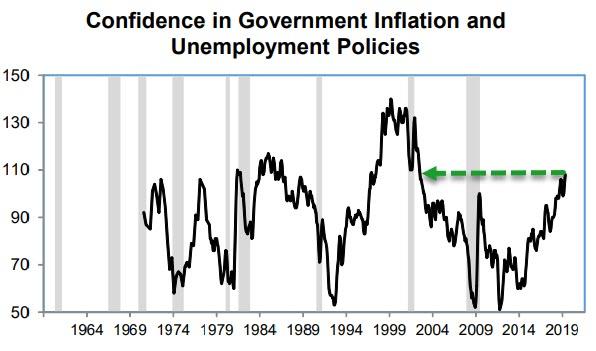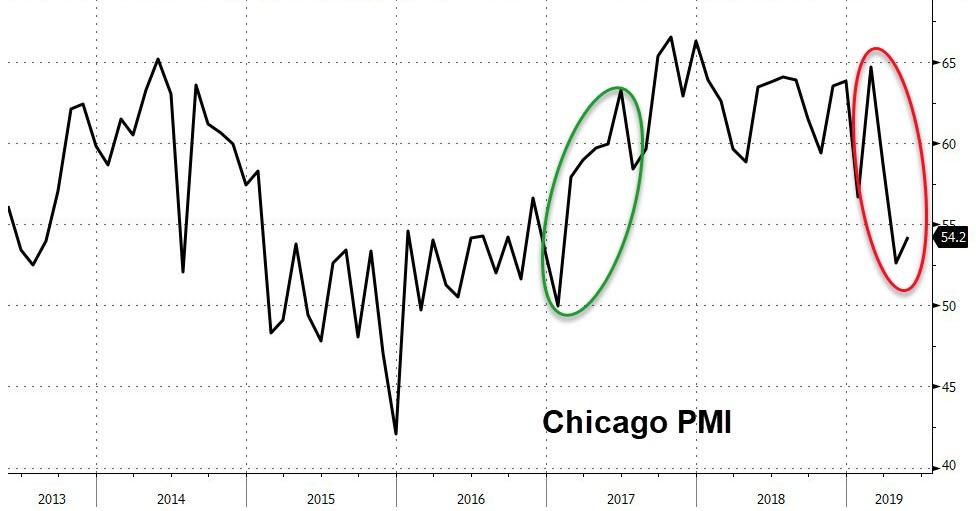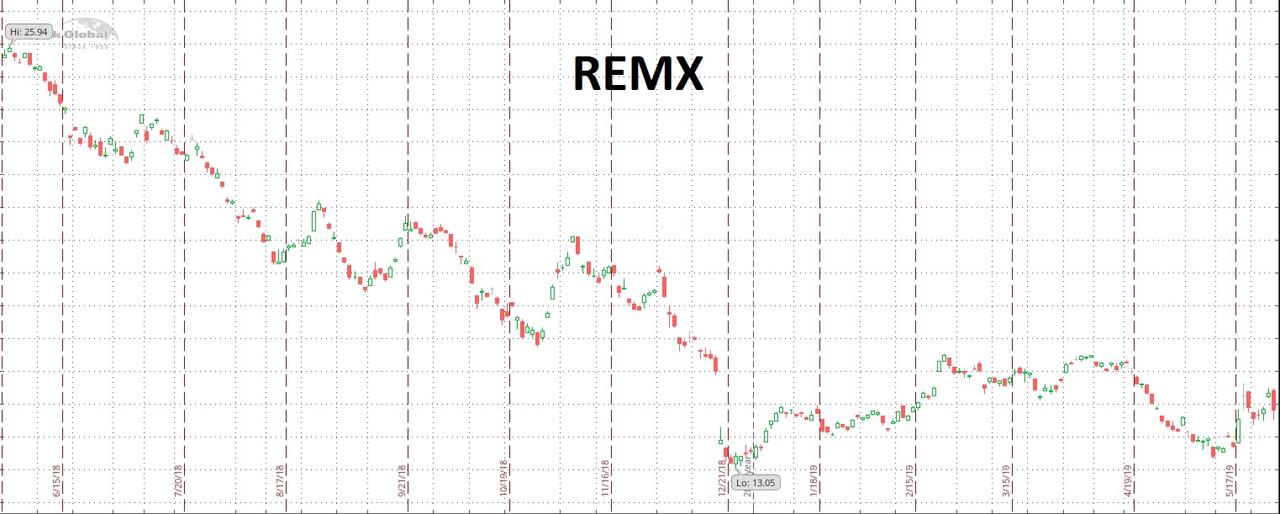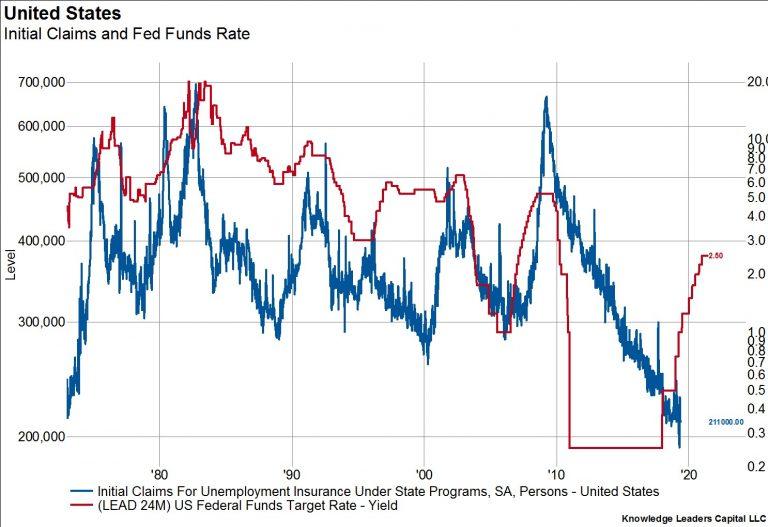Facebook is facing a new round of criticism this week for its refusal to send CEO Mark Zuckerberg and COO Sheryl Sandberg to testify at a hearing in Canada’s House of Commons. That criticism is unfair—their refusal to testify in front of the Canadian legislature, like their refusal to testify in the U.K.. last November—is at the very least a prudent decision. But it’s arguably a principled one.
Don’t get me wrong: I don’t embrace the idea, currently fashionable in some chambers of government and sectors of the punditocracy, that complying with a subpoena should be fundamentally voluntary. When Zuckerberg was summoned directly by congressional lawmakers last year to answer a full range of political questions, he was right to attend. And if for some reason he had resisted, Congress would have been within its authority to subpoena him and compel him to attend.
But neither Canada, which Zuckerberg and Sandberg officially disappointed this week by sending two senior Facebook executives in their stead, nor the United Kingdom, where Zuckerberg similarly refused to appear last fall, has the same power that the U.S. government has over an American citizen and a company that’s incorporated in the United States. What’s more, the jurisdictional question is the least relevant aspect of those two no-shows. Far more important is the fact that the Canadian hearing, like the U.K. hearing before it, was intended to function as a kind of show trial.
How do we know it would have been a show trial? Here’s the tell: “Lawmakers from nearly a dozen countries used Tuesday’s forum in Ottawa to press tech companies about privacy violations, hate speech, and the spread of misinformation,” Politico reported Tuesday. The U.K. hearing was similarly international—representatives from at least nine other countries attended the event last fall at the British Parliament, hoping to grill Zuckerberg about Facebook’s sins against democracy and the international order. In a move perhaps inspired by Clint Eastwood, Zuckerberg was represented at both the U.K. and Canadian events by an empty chair. The parliamentarians refined Eastwood’s dramaturgy by putting Zuckerberg’s name on the chair.
The takeaway from both events: If a parliament is inviting lawmakers from other countries into its chambers in order to allow them to cross-examine a witness—also from another country—then whatever that process is, it isn’t lawmaking or evidence-gathering. It isn’t even an effort to communicate information or political positioning to one’s home constituencies. Its purpose is retributive theater aimed at humiliating the presumptively guilty witness.
To be clear, most legislative hearings are political theater. Everyone familiar with the workings of representative government knows that the gathering of information is a secondary function of a legislative hearing. Its primary function is communicating to the public that legislators are on the case. But to show that, you don’t need to invite parliamentarians from elsewhere in the world to quiz the witness; domestic lawmakers, assisted by staff, can do that themselves. That is, after all, part of what they’re elected and paid to do. No need to import legislative guest workers.
Sometimes that political theater even works to public benefit. When Zuckerberg testified before Congress last summer, he faced a range of questions that spanned the political spectrum. Democrats quizzed the CEO about his company’s handling of private information, and about political actors (domestic and foreign, legitimate and otherwise) who use the platform to sway elections and other political outcomes. Republicans in Congress, many of whom have embraced the myth that tech companies have an agenda to suppress conservative content, sought to pin Zuckerberg down on charges of political bias or the question of whether Section 230 obligates Facebook and other tech platforms to be neutral. (News Flash: Section 230 was designed to do just the opposite, for good public policy reasons.)
Zuckerberg’s answers to House and Senate members weren’t always perfect and they didn’t make everyone happy, but quite often they were genuinely informative, both in sharing how Facebook actually operates and in communicating to the public how Facebook regards its services and its role. Disturbingly, Zuckerberg began to signal his willingness to accept more regulation, including stronger obligations to police content, in compliance with U.S. regulation as well as that of (appropriately harmonized) international regulation governing illegal content, election meddling, and privacy protection. That fullest flower from that seed of willingness was Zuckerberg’s Washington Post op-ed in March.
The tone of that op-ed suggests that Zuckerberg and Facebook may be willing to bail themselves out of their current P.R. nightmare by embracing some kind of regulated-industry status. That’s a bad idea not only because Facebook isn’t particularly adept at content-moderation now (and likely won’t be much better in the future), but also because their content-curation and privacy policies will function as a kind of private law that affects what we see and what can be known about us but without the transparency of public law and regulation.
And at this week’s hearing in Canada, the executives Facebook actually stuck to their jump-and-we’ll-ask-how-high message. As Politico reports, “The two Facebook executives who did show up—one based in Canada, the other in the U.S.—defended the company and promised to comply with new ethics standards and to collaborate in the development of future ones around the world.”
Lost in the complaints about whether Facebook’s top brass show up for show trials is the fact that Facebook is already working toward a coherent, consistent message that, depending on how it plays out, should either hearten us or concern us. Facebook’s overt commitment to develop an ethical code and stick to it is a good sign—I’ve argued for that myself. But the risks are also serious: if the resulting code of ethics is burdensome enough to impose a high barrier to entry for future social-media competitors, Facebook’s commitment will have the extra added benefit (to Facebook) of locking in its market dominance.
That doesn’t have to be the result. It’s possible, after all, to create ethical frameworks that function up and down the scale—doctors and lawyers who are solo practitioners have the same capacity to obey professional-ethics imperatives that hospitals and big firms do. But that’s because they were designed to scale—whatever new rules tech companies offer, or that we suggest to them, need to scale up and down as well. The tech industry, working in consultation with civil society and multistakeholder forums, shouldn’t wait for governments to hand down what bureaucrats—ungrounded in direct experience of the industry—think the rules should be. A better approach is to work out the ethical rules much the way that doctors, lawyers, and other professions have done, and evolve them, in consultation as situations and problems change.
Mark Zuckerberg is the whipping boy of the moment. But it may be Jack Dorsey of Twitter tomorrow, or Sundar Pichai of Google or Apple’s Tim Cook the day after that. And when (it’s probably not “if”) one of the other CEOs angers lawmakers, it will be heard as the other shoe dropping for Big Tech. That’s why, if Facebook and other tech companies who want to get themselves out of the legislative crosshairs, both here and abroad, need to be proactive, not reactive, and to position themselves as vigorous tribunes and advocates for user interests, not just targets for complaints. We’ve already seen examples of this, such as Apple’s resistance to government demands to hack iPhone security and Google’s game-changing adoption of the transparency-report paradigm. If the companies apply the same kind of creativity to becoming users’ advocates that they already have applied to feeding users what (they imagine) we want, Zuckerberg and other CEOs will start actively seeking opportunities to show up at more hearings. They’ll seize the chance to brag.
from Latest – Reason.com http://bit.ly/2IeglNN
via IFTTT
